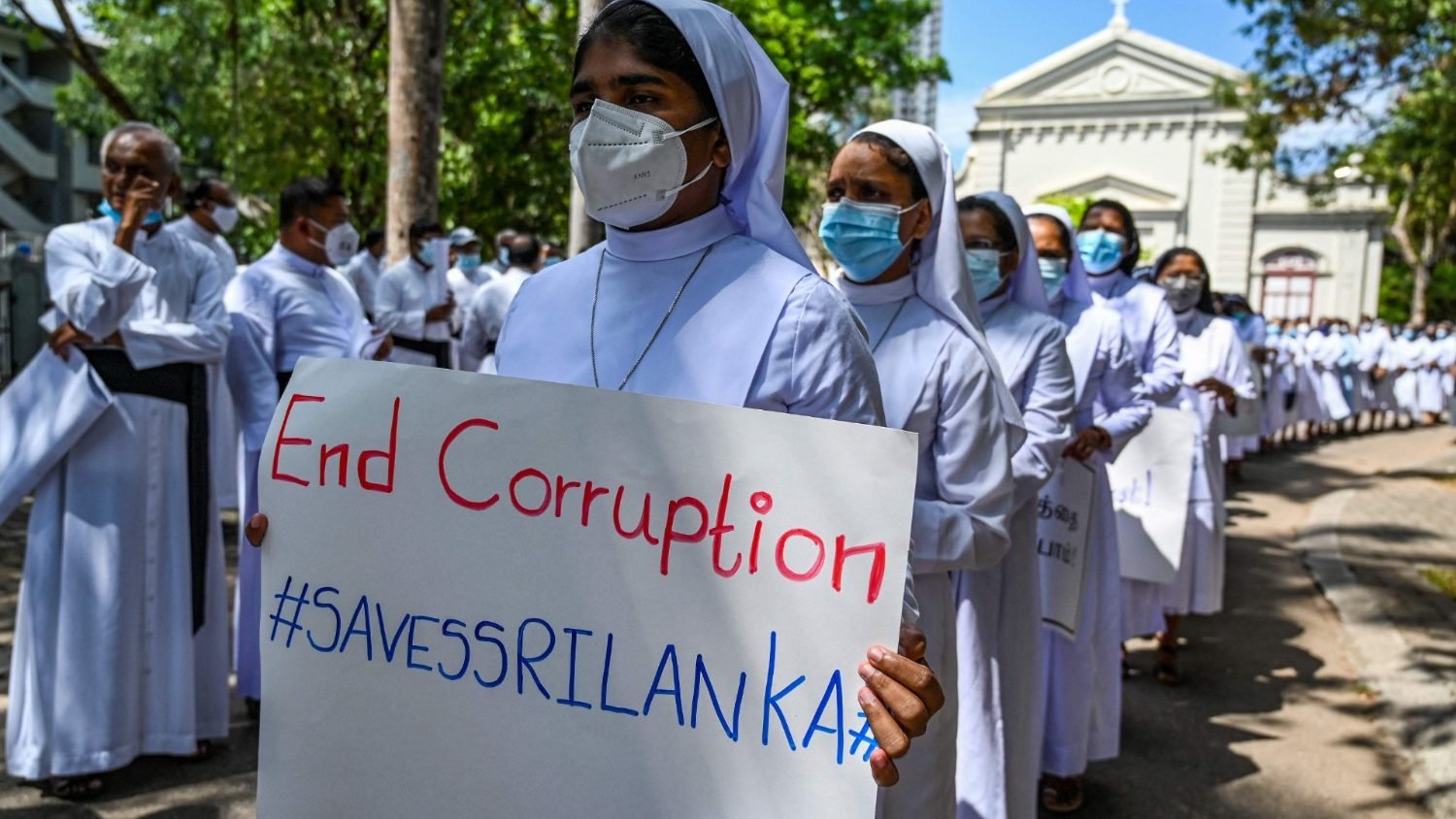
How does corruption affect the effectiveness of public institutions in Sri Lanka?
Corruption significantly affects the effectiveness of public institutions in Sri Lanka in the following ways,When public officials engage in corrupt practices, it undermines public trust in the government and its institutions. Citizens lose confidence in the ability of public institutions to deliver essential services, enforce laws, and administer justice impartially. This erosion of trust hampers the effectiveness of public institutions as people become less willing to cooperate and engage with them.
Impaired Service Delivery, Corruption diverts resources away from public services, such as healthcare, education, and infrastructure development. As a result, the quality and accessibility of these services decline. Public institutions responsible for delivering these services may lack the necessary funds, equipment, and personnel due to corruption, leading to inefficiencies and inadequate service provision.
Weakened Governance and Regulatory Frameworks: Corruption undermines the effectiveness of governance and regulatory frameworks. When public officials are involved in corruption, they may manipulate regulations, overlook violations, or grant favors to individuals or businesses in exchange for bribes. This weakens the rule of law, distorts market competition, and impedes economic development.
Inefficient Resource Allocation: Corruption leads to the misallocation of resources within public institutions. Instead of being allocated based on merit and the needs of the population, resources are often allocated based on personal connections, bribery, or political considerations. This results in inefficient utilization of resources, hindering the effectiveness of public institutions in achieving their intended objectives.
Lack of Accountability: Corruption creates a culture of impunity, where public officials involved in corrupt practices are rarely held accountable for their actions. This lack of accountability undermines the effectiveness of public institutions as it erodes the deterrence factor and allows corruption to persist. Without strong mechanisms to hold corrupt individuals accountable, public institutions are unable to fulfill their roles effectively.
Weakened Policy Implementation: Corruption can hinder the implementation of policies and reforms. When corrupt practices infiltrate public institutions, it becomes difficult to enforce and implement policies effectively. Bribes, kickbacks, and favoritism can undermine the intended outcomes of policies, leading to inefficiencies and limited progress in addressing social and economic challenges.
corruption and strengthening the integrity of public institutions is crucial for improving their effectiveness in Sri Lanka. This requires robust anti-corruption measures, including transparency and accountability mechanisms, capacity building for public officials, whistleblower protection, and promoting a culture of integrity within public institutions.






